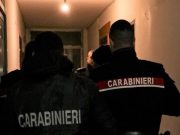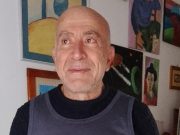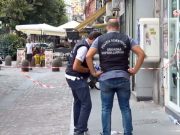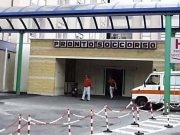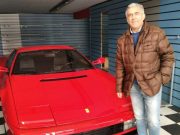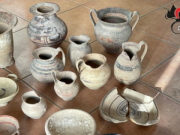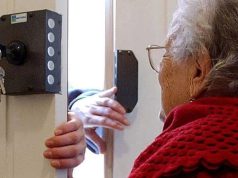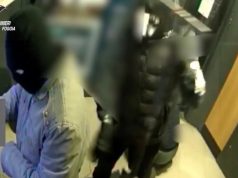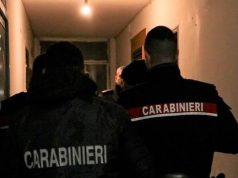I “monstrous highway billboards” with the advertisement of a famous olive oil, which lined the highway on which he was traveling towards Naples, irritated Ian Fleming (1908-1964): the father of 007 acidly commented that those billboards attested to the “total disregard of Italians for their artistic and architectural treasures: and that Italy is a country of ignorants”. Following the success obtained in England and wherever his novels on 007 were translated, even before it landed in theaters, the writer between 1959 and 1960 became the correspondent for the “Sunday Times” on a round-the-world trip à la Jules Verne, without fixed deadlines, which allowed him to visit (and criticize) many destinations, some of which returned in the adventures of his invincible spy: Hong Kong, Macao, Tokyo, Honolulu, Los Angeles and Las Vegas, Chicago, New York, Hamburg, Berlin, Vienna, Geneva, Monte Carlo and for Italy, Naples, where at the Excelsior hotel he met Lucky Luciano who lived in the city as a free citizen “above any suspicion of illegal activities”.
The old boss told him about drug trafficking and his legal troubles, assuring him that “there is no mafia in Naples”. Fleming commented: “I have no idea how much of the old Lucky Luciano from Chicago remains in the courteous Mr. Luciano of Naples, but in Italy his behavior is exemplary, so much so that it is reasonable to assume that spontaneously or not, in exile he has lost the sharp teeth of the old times in America”. The travel diary in 14 cities (including the account of the emergency landing while flying to Hawaii due to the fire of one of the engines of the Douglas DC-6, and the eruption of the Kilauea volcano, the largest in the world), became a book, “Thrilling cities” which was first published in Italy in 1963 and is now reissued by Nave di Teseo (288 pages, 20 euros), edited and introduced by Massimo Bocchiola. Many thought, someone even wrote it, that that trip was actually a spy mission, a job for the Navy intelligence. Bocchiola hypothesizes, instead, an activity “not as a spy as the vulgate would like, but as an analyst and orchestrator of secret operations”. And he remembers a Fleming “ironic, detached, sometimes arrogant, but also lazy, capable of genuine enthusiasm in front of the beauty of places, women, conversation with his occasional interlocutors including, in a not so beloved Naples, a Lucky Luciano who surprises him and almost conquers him, so much so that he also made him meet Raymond Chandler who was supposed to write a novel about him. Then the idea sank”. His Italy? Venice was “too predictable”, Florence was “shocking”, Rome – in anticipation of the 1960 Olympics – represented all the chaos of post-war Italy”, so he directed his attention to Naples, not without prejudices, given the tone adopted in describing it: “To the British traveler, even the most seasoned one, the almost bestial harshness of the city is a shock… Here one truly feels like a foreigner. Here you are still cheated, elbowed, robbed and generally intimidated by the inhabitants”. There are also mentions of Pompeii, Herculaneum, Cumae, Ischia and Capri, which he defined as an island “of dreams, myths and vanities, an enchanting and eccentric place”. But he discouraged visits to Mount Vesuvius. And for every city visited, he provided a list of restaurants and hotels that, according to Bocchiola, “may not all be his own flour”. For Fleming fans, there is also the bonus of narrative and landscape ideas from the James Bond saga, from the trafficking of gold and diamonds to the mafia, from the theory of minimum comfort of “The Spy Who Loved Me” to the geishas of “You Only Live Twice” to the thriller cities. But the writing here is free from the stylistic constraints self-imposed by the genre narrator, of espionage.



